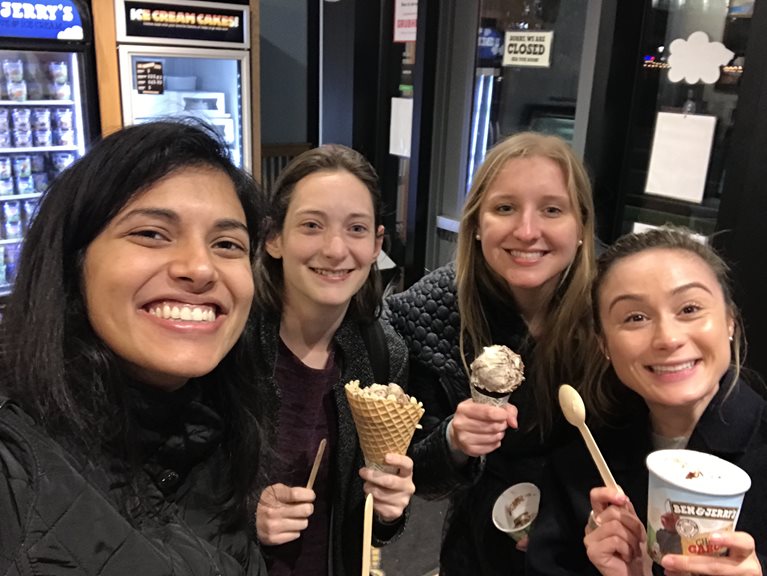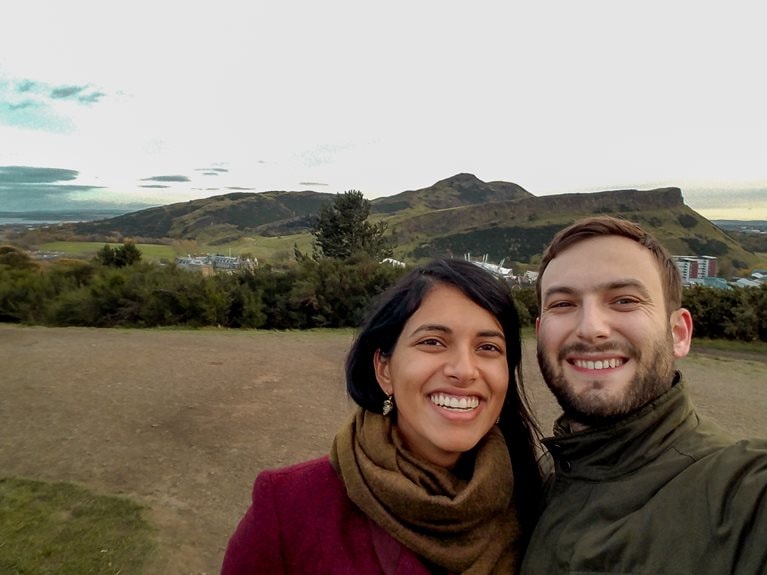This weekend, several of our colleagues will participate in the Women Deliver conference in Vancouver June 3-6, 2019. We’ll unveil new research, “The Future of Women at Work: Transitions in the Age of Automation.” Sruti, an engagement manager in Chicago, clambered for a spot on the research team:
I usually work in banking. However, I’ve always been interested in McKinsey’s Power of Parity research. I reached out to Kweilin Ellingrud, a senior partner who works in banking and has led a lot of the firm’s gender research. She connected me to Anu and Mekala, who were starting a new research project on women in the age of automation. The stars and timing aligned, and I joined the team. It was as simple as that.

The research question really intrigued me: how will the future of work affect women (and men) around the world? The media, my colleagues, and my friends have discussed this topic often, and for good reason. Adapting to new ways of working that rely more on technology will be a major challenge for many women (and men) over the next few decades. What’s more, the transition from status quo to future state could look very different across countries, sectors, and genders. For example, if a female agricultural worker in India loses her job, what better paying employment can we suggest? What additional education will she need to succeed? How different will that answer be for cashiers in the UK or administrative assistants in the US? Even my banking clients are talking about this issue, wondering how they should change how they attract and train female employees.
While many people care deeply about these questions and have a lot of opinions, I hadn’t seen much evidence on what was really happening to women or what society, governments, employers, etc. should do in response. On this project, I had the chance to sink my teeth into these questions. I modeled several scenarios to illuminate trade-offs and implications in a fact-based, data-driven way. For example, the sheer scale of transition implied by our automation trends and job growth scenario emphasized how important it is we reskill women and improve their labor mobility now.
This project brought together the best of McKinsey’s resources, expertise, and people. Although it’s impossible to truly predict the future, we made meaningful contributions to shape it.
Finally, the team on this project was incredible. Rachel, Emma, and Natalie (pictured) and our leaders – Kweilin, Anu, and Mekala – taught me so much. It was great to watch their different and equally effective leadership styles in action. Our problem-solving sessions were challenging because we brought in different perspectives and they helped us come up with better ideas. We always left energized.

I’m proud of the research we produced, and I hope our report will help policymakers, NGOs, and private-sector leaders better prepare women for the automation age. Personally, I’m ready for a short respite – another trip with my husband Nick (who’s a data scientist within McKinsey) to Edinburgh, Scotland (pictured) would be amazing. Then I’ll be rested and recharged and ready to help clients apply some of our findings.